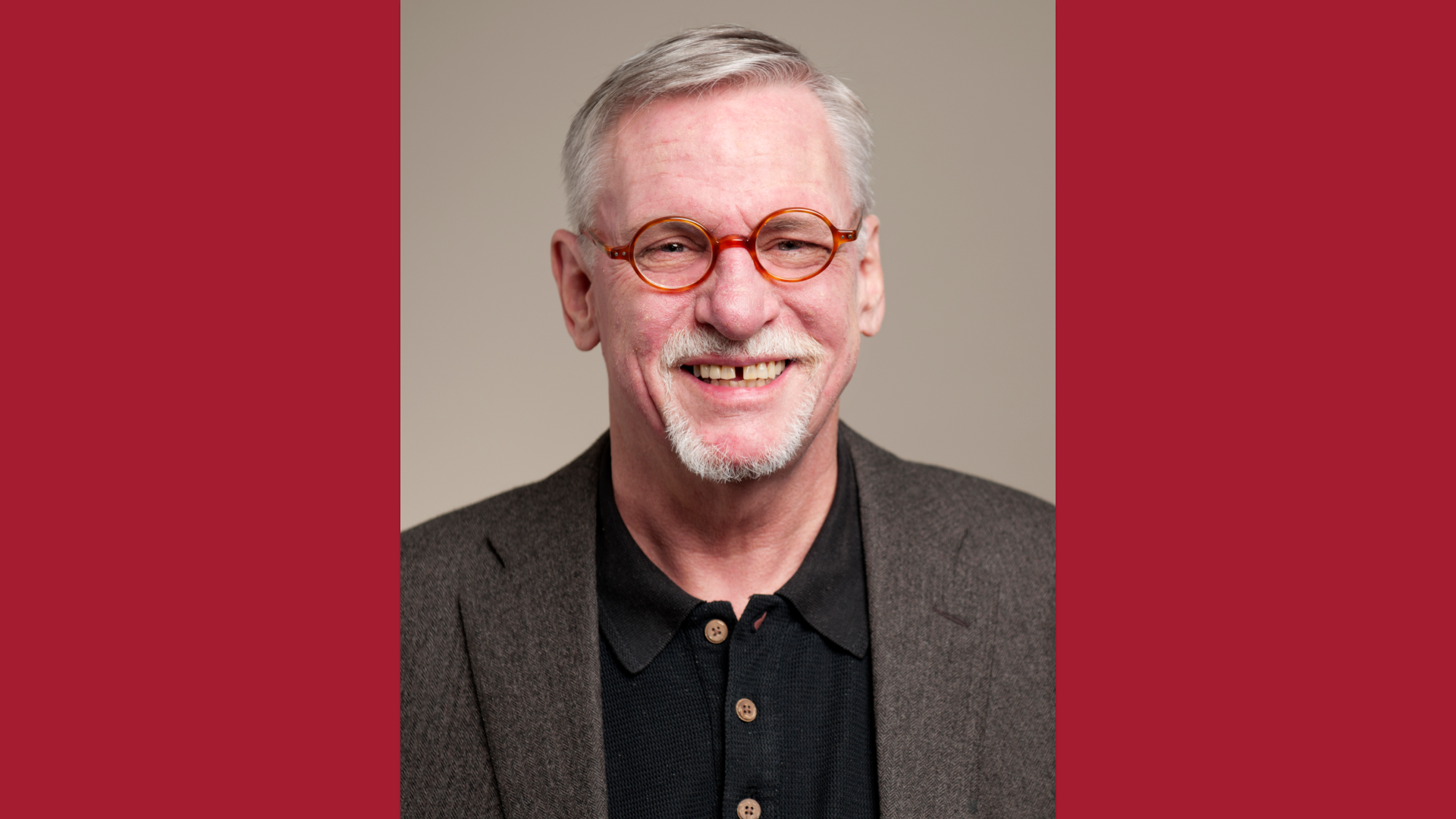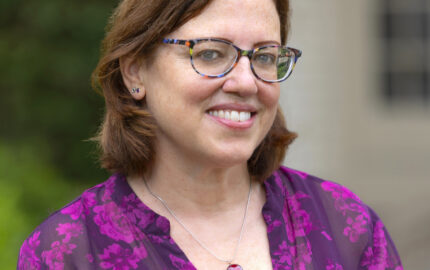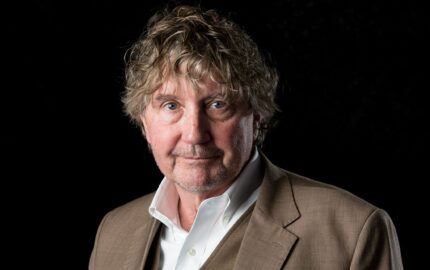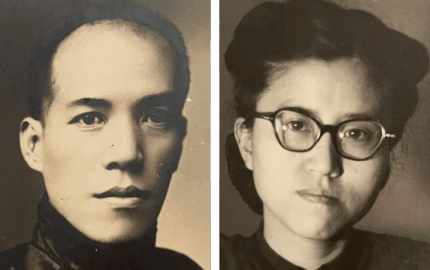Philip J. Hilts, a 1985 Nieman Fellow, died on April 23, 2022, in Lebanon, New Hampshire, from complications caused by liver disease. He was 74.
During his award-winning career, Hilts was a health and science reporter for both The New York Times and The Washington Post and wrote six books. From 2008-2014, he served as director of the Knight Science Journalism Program at MIT and later stayed on at the university as a research associate. Among his accomplishments as KSJ director, Hilts increased the number of applicants to the program, added new boot camps for journalists and created specialized training courses for the fellows.
While at the Times and the Post, he wrote more than 300 front page stories. Reporting for the Times in 1994, he broke the story of the tobacco industry’s 40-year cover-up of its own research showing that tobacco is harmful and nicotine is addictive. Hilts additionally broke important stories about breast implants, contraceptives and problems in the cosmetic device industry and was among the first reporters to cover the AIDS epidemic.
His books include, “Rx for Survival: Why We Must Rise to the Global Health Challenge” (2005), which was a New York Times Notable Book of the Year; “Protecting America’s Health: The FDA, Business, and One Hundred Years of Regulation” (2003), which won the Los Angeles Times Book Prize for Science and Technology and also was named a New York Times Notable Book of the Year; “Scientific Temperaments: Three Lives in Contemporary Science” (1982), which was a finalist for the National Book Award; and “Smokescreen: The Truth Behind the Tobacco Industry Cover-up” (1996), selected as one of the ten best books of the year by BusinessWeek Magazine.
Nieman classmate Mike Pride remembered Hilts and their time at Harvard saying: “Phil and I were great friends. We lived with our families in the same complex, and we both loved Seamus Heaney’s poetry. We signed up for his modern poetry class and sat in the front row every day. We persuaded (Nieman curator) Howard Simons to have Heaney as a Nieman guest on Shakespeare’s birthday.”
Pride also recalled Hilts’ great sense of humor and added: “Phil was a scientific wizard. His later reporting on the tobacco industry was chilling and invincible.”
Hilts’ many news stories included a report from one mile below the Pacific Ocean surface in an active volcano, the confessions of a healer in Zambia who claimed to cure AIDS, and articles on hypnosis-induced court testimony that resulted in four men being freed from jail.
In addition to being a Nieman Fellow, Hilts was a Shorenstein Fellow at the Harvard Kennedy School and twice was a fellow at the Harvard School of Public Health. He also was a commentator on health and science issues for National Public Radio.
Hilts was born in Chicago in 1947 and grew up in the area. After high school, he served in the merchant marine before attending Georgetown University.
He began his journalism career as a reporter and photographer at small newspapers and at The Washington Daily News in Washington, D.C., and The Rocky Mountain News in Denver before becoming a magazine writer. He wrote for The Washington Post in the 1980s before joining the New York Times’s Washington bureau in 1989 as a staff writer. From 1996 until 2002, he was a contract writer for the Times.
In 1974, he married Mary Donna McKeown, a fellow reporter at The Washington Daily News; she died in 1987. In 1993, he married Carisa Cunningham; they divorced in 2011. He married Una MacDowell in 2013.
In addition to his wife, he is survived by and his sons Ben and Sean; two daughters, Alexis and Kate Hilts; a grandson; four brothers, Edward, Paul, Michael and Mark; two sisters, Jeanne Young and Elizabeth Hilts; and two children from his wife’s first marriage, William and Nora MacDowell Coon.
A memorial is being planned for the near future.



